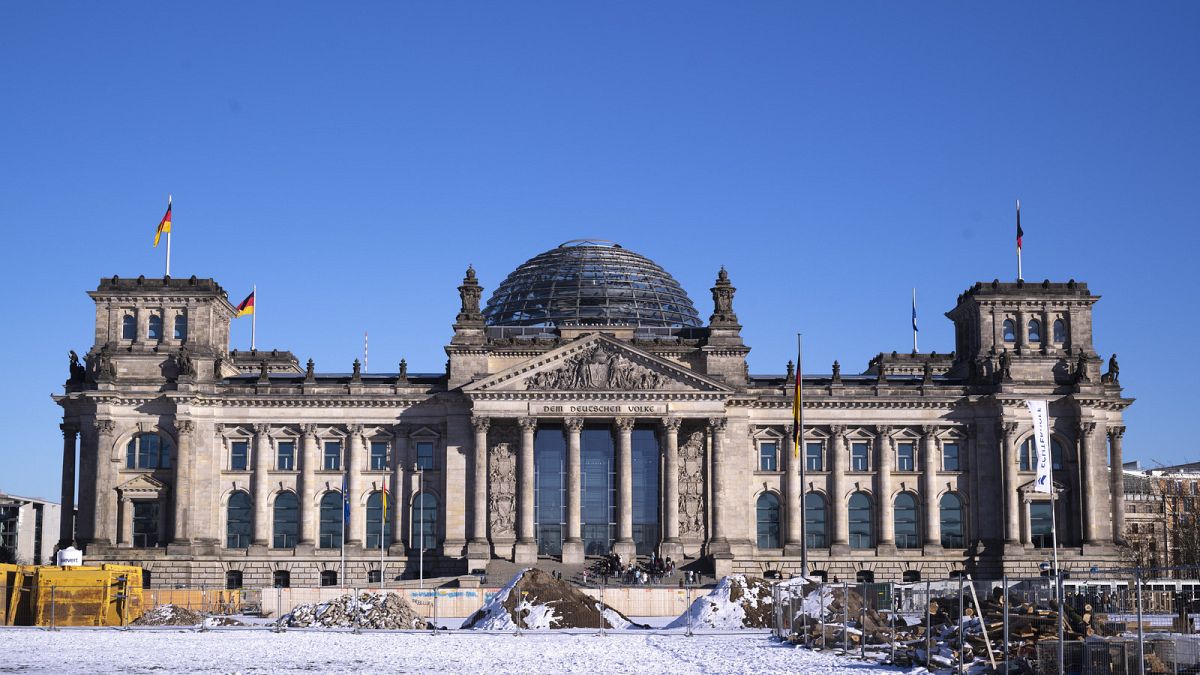EU eyes access to critical raw materials in Angola investment deal

The EU hopes a first-of-a-kind investment deal with Angola will increase access to key resources needed for the green transition, while encouraging the west African state no to become over-reliant on its substantial oil reserves.
The European Commission says a new sustainable investment deal with Angola will create a better environment for EU firms to invest in green energy, agriculture and essential minerals, helping prevent over-exploitation of its fossil fuel reserves.
The EU-Angola Sustainable Investment Facilitation Agreement (SIFA) was the first of its kind, the EU executive said as the agreement entered into force over the weekend, and would also give the huge west African country improved access to the European market.
The agreement would also help Angola – which has oil reserves comparable in size to those of Norway – in its “efforts to diversify its economy beyond fossil fuels”, the European Commission said.
Last October, the EU signed strategic partnerships with other African countries — Democratic Republic of Congo and Zambia — to develop the ‘Lobito Corridor’, a key transit passage connecting the two countries with Angola and meant to develop value chains of critical raw materials.
Angola boasts vast reserves of copper, cobalt, manganese and lithium, elements essential for the electrification of sectors from transport to manufacturing that currently rely on fossil fuels.
Trade Commissioner Valdis Dombrovskis said the SIFA agreement would “help diversify the Angolan economy and support responsible investment practices”.
“I am delighted that this innovative, first-of-its-kind agreement with Angola has now entered into force,” the Commission vice-president said. “The SIFA will create a modern and more sustainable investment environment in Angola, promoting economic growth for both partners.”
The deal is designed to increase the transparency of investment regulations, promote the use of e-government to streamline permitting, while increasing public involvement in the decision making process, which the Commission said would benefit investors on both sides.
Angola is sixth largest destination for EU investment into Africa, accounting for around 7% of European foreign direct investments on the continent, according to Commission data. From the Angolan perspective, the EU is its largest trade and investment partner.
In a sign that Angola is increasing green energy ties with Europe, it is set to be the first African country to start exporting ‘green’ hydrogen to Europe this year when shipments to Germany begin, according to the country’s ambassador in Berlin
The state oil company Sonangol has been working with German engineering enterprises Gauff and Conjuctta in the development of a 400MW, hydroelectric-powered green hydrogen project at the Barra do Dande ocean terminal, 30km from the capital Luanda.
Several other African nations are hoping to export green hydrogen to Europe, including Algeria, Egypt, Mauritania, Morocco, and Namibia. Energy Commissioner Kadri Simson is today (September 2) on an official visit to the latter for a Global African Hydrogen Summit.
Under the European Green Deal, the EU’s flagship programme to boost the energy and climate transition, the Commission has set the target of importing 10 million tonnes of green hydrogen a year, to match the planned ramping up of domestic production, which is currently negligible.
World News || Latest News || U.S. News
Source link



